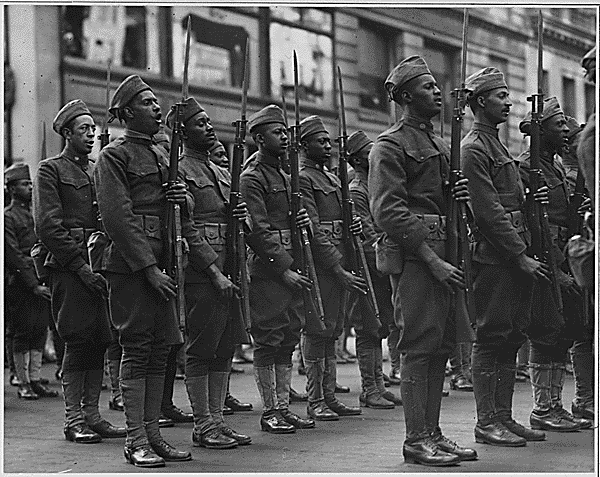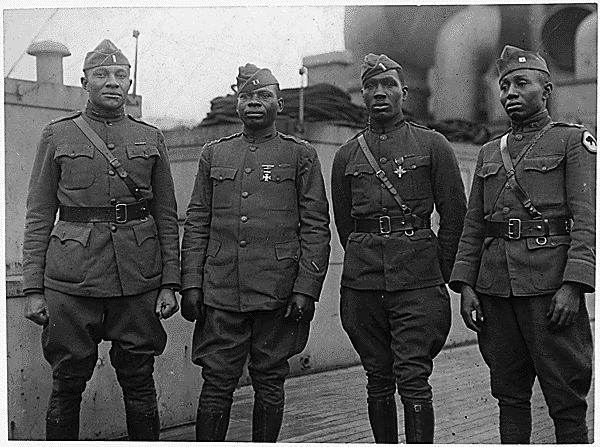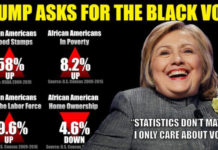Jim DeMint’s recent neo-secessionist account of the Civil War may be misplaced but it cuts to a core American value perhaps, that big government in America does very little for the people, and even in the case of abolishing slavery big government only used it as a moral argument alone – a reason – to go to war with the slave South.
DeMint, once a Republican U.S. Senator from South Carolina and now the head of the once-rational Heritage Foundation, said that “no liberal is going to win a debate that big government freed the slaves.” And he is right for once!
“The move to free the slaves came from the people, it did not come from the federal government. It came from a growing movement among the people, particularly people of faith, that this was wrong.
People like Wilberforce who persisted for years because of his faith and because of his love for people. “ (William Wilberforce was an anti-slavery leader who lived in Britain and died in the eighteen-thirties.)
DeMint has been ignorant on many an occasion. But he gets this.
The debate about whether big government freed the slaves is a hot debate that liberals think they can always win. But no.
Yes, the Civil War was the original big-government overreach: it came from Washington, D.C.; it involved raising new taxes (in fact, it is the origin of a number of taxes); it confiscated rifles from rebels; it did some special favors for minorities (in this case, the special favor of giving them guns and rifles to shoot at white men who have been killing them for centuries); and, in the end, it imposed a bureaucracy on an unwilling population (that is, it imposed the Union Army on the South).
The moral point of the Civil War has been argued for decades by white scholars and black scholars alike, as it is with most issues in America – a democracy for white folks. But that big government freed the slaves is as sure a huge debate as any in history.
A new book on the subject : James Oakes’s “The Scorpion’s Sting: Antislavery and the Coming of the Civil War” (Norton), the latest in a series of revelatory books that Oakes has written. It also contains a debatable but necessary caveat to the idea—which not long ago was as orthodox in liberal and radical academic circles as it was among right-wing neo-secessionists—that the war was only accidentally or incidentally antislavery.
Abraham Lincoln and his big government is an idealism of the history behind the abolition movement. And if this romanticism is done in order to feed into the energy of the larger framework of civil rights for Gays, Women and other Minority groups today, then its goal can be lauded.
However, to insinuate and even conclude that big government was solely responsible for defeating the slave South and bringing an end to slavery is tactically and out-rightly false no matter which way you look at it.
What DeMint also missed, is an ignorance of the sole economic reasons why the Trans-Atlantic Slave Trade was first abolished by the British Empire in the Americas and why Abraham Lincoln employed the same economic tactic or expediency in pushing the 13th Amendment so the South’s economy may as well fall unto its knees. And it worked.
It was purely economic. Nothing humanitarian springs from any reading of Abraham Lincoln’s pragmatic steps to unleashing the Federal Army on the slave South.
As many historians like W. E . B. DuBois have shown, slavery as a humanitarian crisis was not the issue; the question of “the Union” spoke to the North’s right to play a part in deciding the future of slavery only as a coveted economic advantage of the South.
For the most part, the North didn’t seek to immediately abolish slavery by arms (that was the position of the John Brown fringe); it first tried to do so by isolating the South and its economy based on brutal free labor – slavery – and then squeezing it, or, in the lurid image that was often used at the time, by surrounding the scorpion with a ring of fire, causing it to sting itself to death.
Wars are won by cutting resources to or even diverting them from (as in the case of slavery) enemy economies – the British did cut the Trans-Atlantic-Slave Trade to force the American economy to tank; the Allied Forces in the WWII cut supplies to Hitler’s Germany to force his army to cave; and isn’t the USA today employing similar economic sanctions on Iran, Syria and even Russia?
We know why Abraham Lincoln and his big government were interested in the South. The Northern industrial Lords clearly feared unparallelled competition from the Southerners. To that end, why not use the humanitarian crisis of slavery against the South?
It was not because Abraham Lincoln and his big government believed in the common humanity of men and women! For how exactly does his well tooted Euclid logic – the transition property of equality – suffice in convincing his all and sundry that the black man and the white man were indeed human, hence equal, but not the woman and the man?
If big government and Abe Lincoln indeed believed in equality, how come this readily available dichotomy of his own society eluded him?
It’s simple. Because giving white women equality wasn’t going to win the war! It was impractical.

To insist that slavery, and slavery alone, was the issue, and that the war was precipitated by the election of Abraham Lincoln to dethrone the slave South is one of those plain missteps of the reading of the Civil War history.
As Oakes shows in his new book, the only plausible democratic solution to slavery—gradual emancipation, perhaps over as long as twenty-five years, funded by the North—was never even on the table, with even the most antiwar Southerners proposing only to further limit the rights of the Northern states to protect runaway slaves.
Abe Lincoln and his Federal Troops believed only in war – war to the finish – because the North’s industrialist wanted an end to the Southern farmers and manufacturers access to such free labor as slavery.
Failing the scorpion strategy, the only other path to preventing the South’s business men from amassing wealth and controlling American democracy, as Abe Lincoln and his big government knew, was war.
War was a short cut for big government to bypass the Constitution, and accelerate the demise of the Southern business regime and its free labor and intend enable the empowerment of the North’s industrialists to spread their tentacles to the South.
If Abe Lincoln represented any section of a compassionate white society back in 1868, where did that party disappear to during Segregation and Jim Crow? Where has that party vanished to when the Reagan and Clinton inhumane War on Drugs has incarcerated more black men the slavery itself?
And why, if it might be added, has the US and the United Nations supported France to constantly pester and force reparations from Haitians since 1804 when white society in America has not paid a dime in reparations to Africans in America? Why?
So the liberals bash away at the right’s DeMintia, but we can appreciate that the truth about the Civil War and the end of slavery has been warped by the fatuous idea that, when it comes to black lives in America’s democracy, change can only arise as the result of inexorable social or economic forces.
But concerning other lives and other interests which may not necessarily exclude those of Africa America, that change itself cannot wait. It can somehow escape the exigencies of coalition building, tactical shrewdness, and a constant appeal to the conscience of the ruling classes – it can be achieved through war, just like the Civil War.










